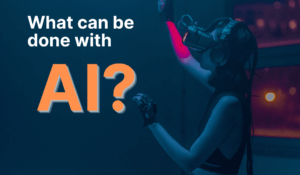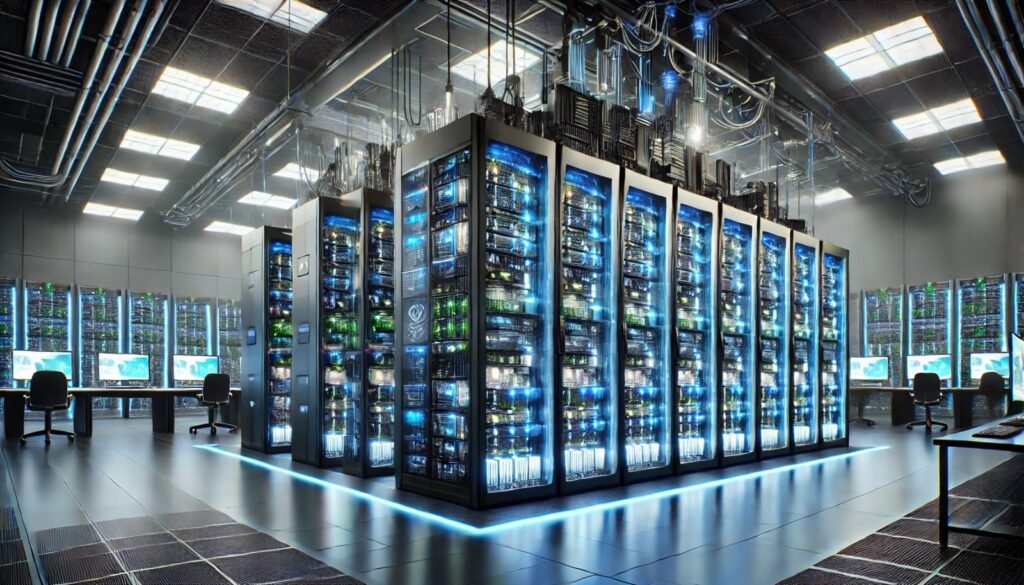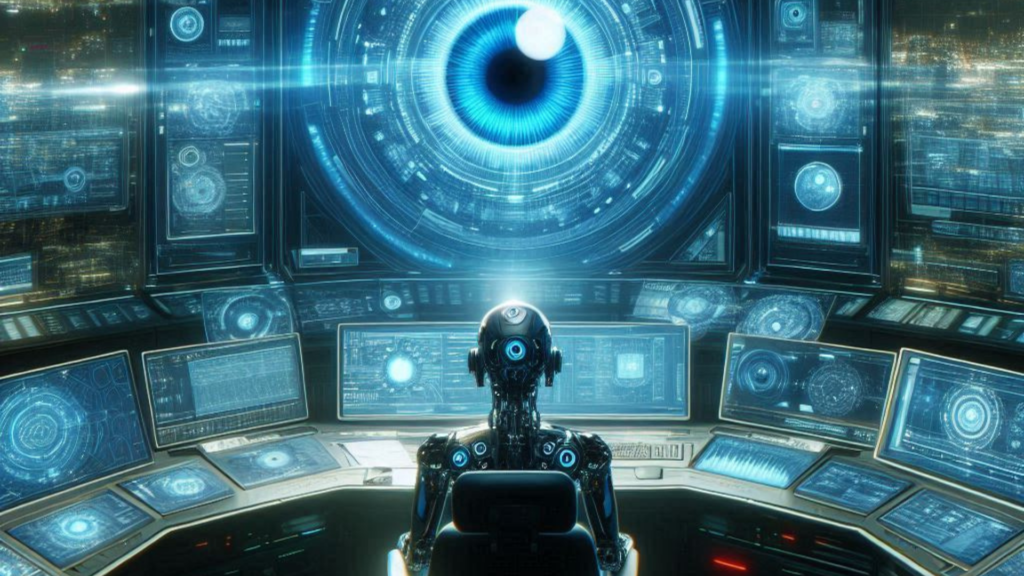Artificial intelligence (AI) has rapidly evolved from a futuristic concept to a transformative force reshaping industries and society. In 2025, the power of Artificial Intelligence is more evident than ever, offering unprecedented opportunities while presenting complex challenges.
The Benefits of AI in 2025
- Enhanced Efficiency and Productivity: AI-powered automation streamlines processes, reduces human error, and boosts productivity across various sectors. From manufacturing to customer service, AI-driven solutions optimize workflows and deliver faster, more efficient results.
- Data-Driven Decision Making: AI excels at analyzing vast datasets to identify patterns, trends, and insights that would be impossible for humans to discern. This empowers businesses and organizations to make informed decisions, mitigate risks, and capitalize on new opportunities.
- Personalized Experiences: AI algorithms can tailor experiences to individual preferences, leading to more relevant and engaging interactions. This is evident in personalized recommendations on streaming platforms, targeted advertising, and customized learning experiences.
- Scientific Breakthroughs: AI is accelerating scientific discovery in fields like medicine, materials science, and climate research. AI algorithms can analyze complex data, identify potential drug candidates, design new materials, and model climate change scenarios, leading to faster and more effective solutions.
- Improved Healthcare: AI is revolutionizing healthcare by enabling earlier disease detection, personalized treatment plans, and more efficient drug development. AI-powered tools can analyze medical images, predict patient outcomes, and assist in surgical procedures, ultimately improving patient care.
- Job Displacement: As AI automates tasks previously performed by humans, concerns about job displacement are valid. While AI creates new job opportunities, it’s crucial to address the potential impact on the workforce and invest in retraining programs to ensure a smooth transition.
- Ethical Concerns: The ethical implications of AI are significant. Issues such as bias in AI algorithms, data privacy concerns, and the potential misuse of AI require careful consideration and robust regulatory frameworks to ensure responsible development and deployment.
- Security Risks: The increasing reliance on AI systems creates new vulnerabilities. Cyberattacks targeting AI systems can have severe consequences, and ensuring the security and reliability of AI is crucial to mitigate these risks.
The power of AI will continue to grow exponentially in the coming years. As technology advances, AI will become even more integrated into our daily lives, transforming how we work, learn, and interact with the world. By embracing the opportunities and addressing the challenges, we can harness the power of AI to create a more efficient, equitable, and sustainable future.





